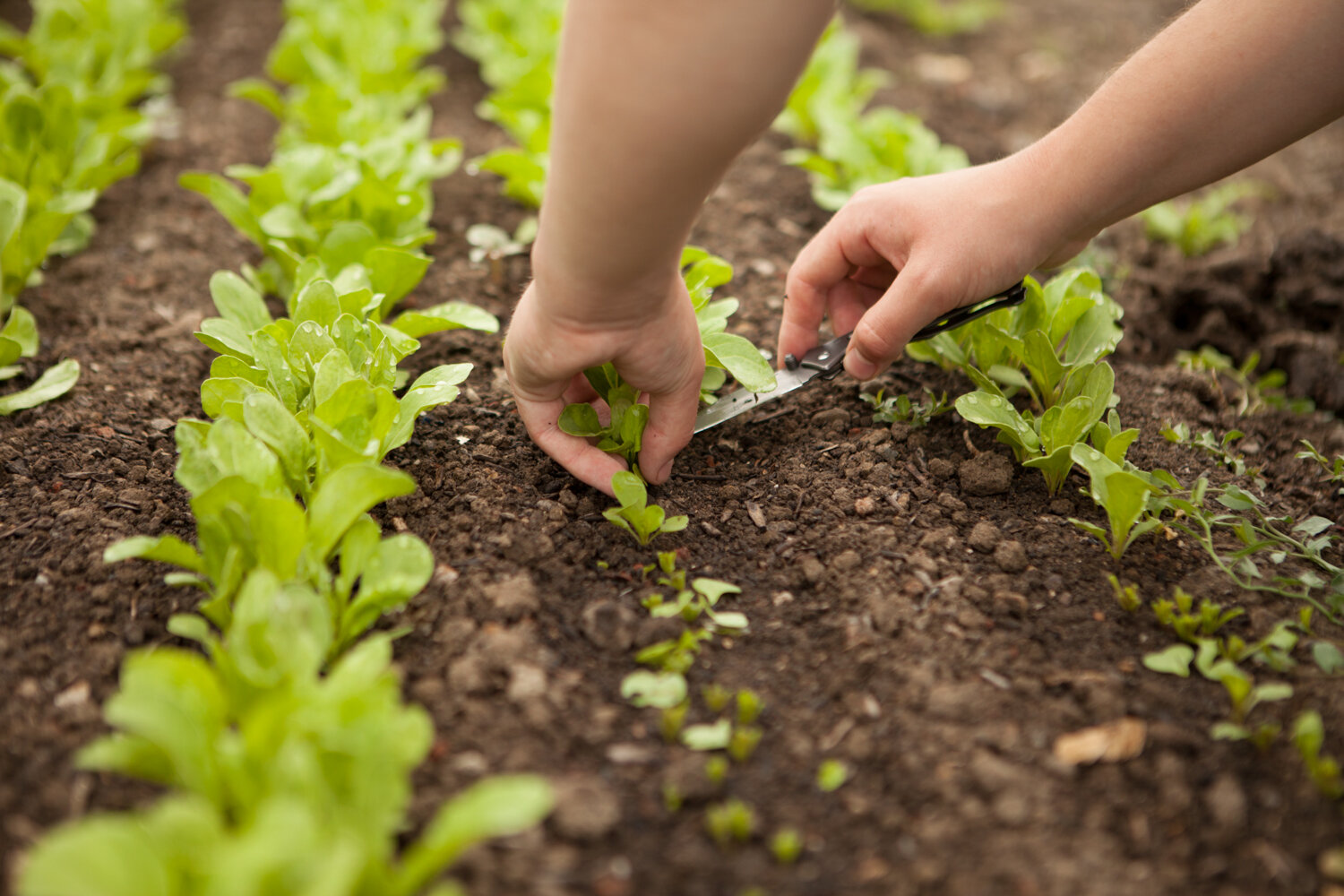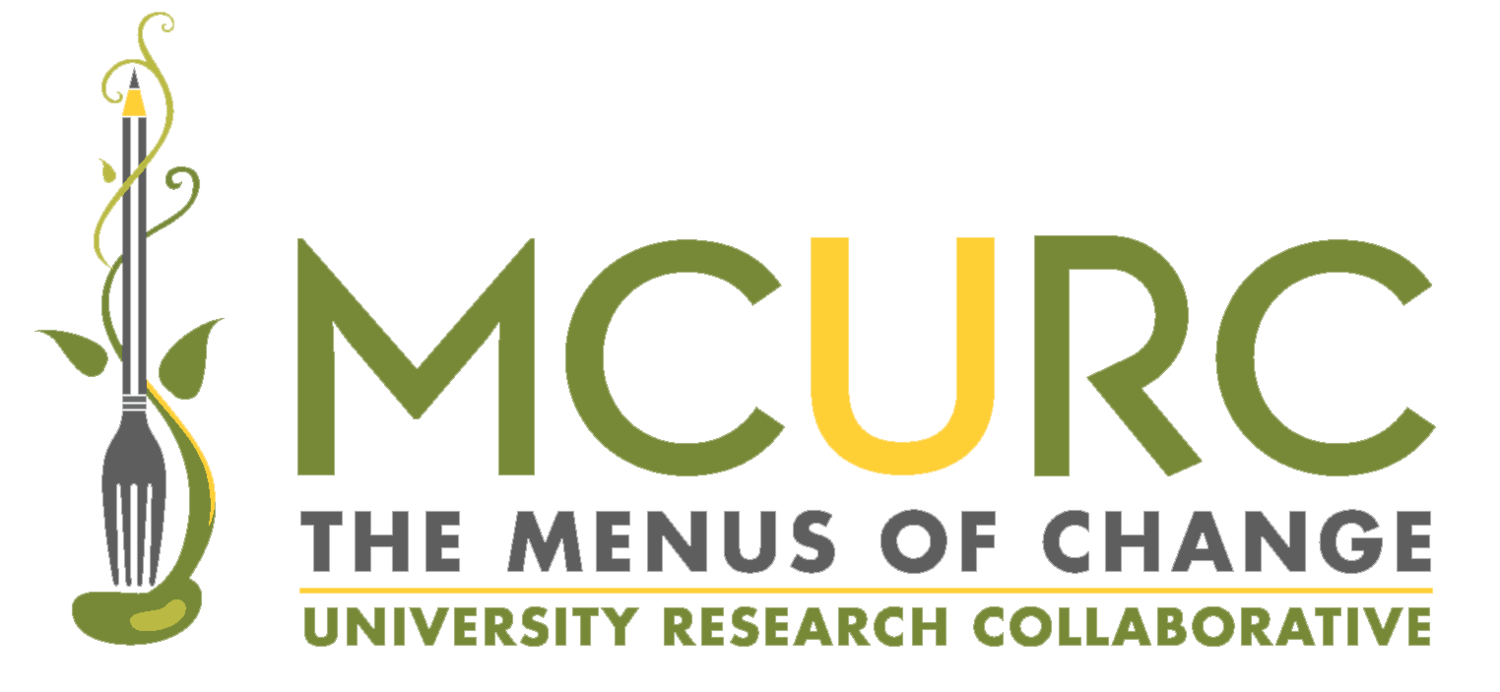
The MCURC’s Collective Impact Initiative
The MCURC helps colleges and universities work together to reduce food-related emissions through research, education, and innovation – establishing metrics, collective targets, and a community of best practices that empower members with an enhanced understanding of the health and environmental impact of our collective purchases along with data-driven insights to help accelerate progress – while leveraging combined purchasing power toward shared goals. In 2019, we set a collective target to reduce food-related greenhouse gas emissions across the MCURC by 25% by 2030.
Progress
Between 2019-2022, the MCURC’s cohort of universities has tracked over 200 million pounds of protein purchases and saw a collective 24.3% decrease in greenhouse gas emissions per pound of food purchased among participating institutions. This represents over 97% progress toward its 11-year target over just four years–and across 24 institutions.

MCURC & Cool Food: A Partnership Helping Higher Education Tackle Climate Change Through Food
The MCURC and World Resources Institute’s Cool Food initiative share a commitment to helping colleges and universities reduce their food-related emissions by 25% by 2030. We’ve partnered to bring the latest science and robust networking and knowledge-sharing opportunities to support colleges and universities in reducing food-related emissions.
Depending on how much support your organization has for climate action through food purchases, how ready it is for change, how much knowledge and awareness you already have about the most impactful strategies, there is a rich array of resources and initiatives to help you on the journey. As a foodservice organization working on sustainable food, by no means do you need to choose between Collective Impact and Cool Food. It’s truly not an either/or situation, but rather, an opportunity to engage with a broad portfolio of resources and an entire ecosystem of organizations and initiatives all working toward a shared goal.


